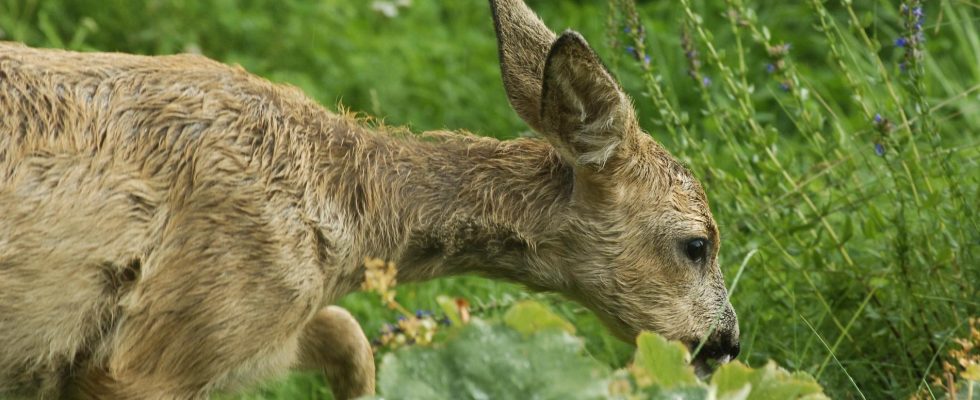Why deer are affected by loose feces is still an unsolved mystery. Now the great detective is calling on the public to help solve the mystery – but gloves and careful hand washing are required.
Not infrequently, the State Veterinary Institute (SVA) receives reports from various parts of the country about deer with loose feces. The diarrhea even causes some animals to eventually die from emaciation and dehydration.
In a new research project, researchers at SVA will now investigate whether a parasite can be a cause of intestinal inflammation and diarrhoea.
“What causes the diarrhea has never been clarified and now we want to investigate whether the single-celled parasite cryptosporidia can be part of the explanation,” says Karin Olofsson-Sannö, game veterinarian at SVA, in a press release.
In the study, faeces from deer with diarrhea will be analyzed in search of the parasite. In this part, SVA asks the public for help in collecting samples.
But at the same time, the authority sends a few warnings:
Using double plastic bags or gloves on your hands, place the stool sample in a plastic bag and tie. Then wash your hands thoroughly afterwards, to reduce the risk of infection.
The find can then be registered in a special web form on SVA’s website. The authority then ensures that the faeces can be sent in for analysis free of charge.
FACTS
Cryptosporidia
Cryptosporidium (Cryptosporidium) are single-celled parasites that infect the intestinal mucosa and can cause diarrhea.
So-called cryptosporidiosis can cause disease in several different species of animals, including humans, but the occurrence in Swedish deer is unknown.
The parasite causes varying degrees of illness in different individuals depending on their other health status, and most sufferers recover within a couple of weeks.
Sometimes recurrent outbreaks of cryptosporidiosis are seen in humans, but the source of the infection cannot always be found.
Deer often stay in vegetable farms and therefore it is of interest to investigate whether the deer can carry the parasite and thus be a possible source of infection.
Source: The Norwegian Veterinary Medical Institute
Read more
